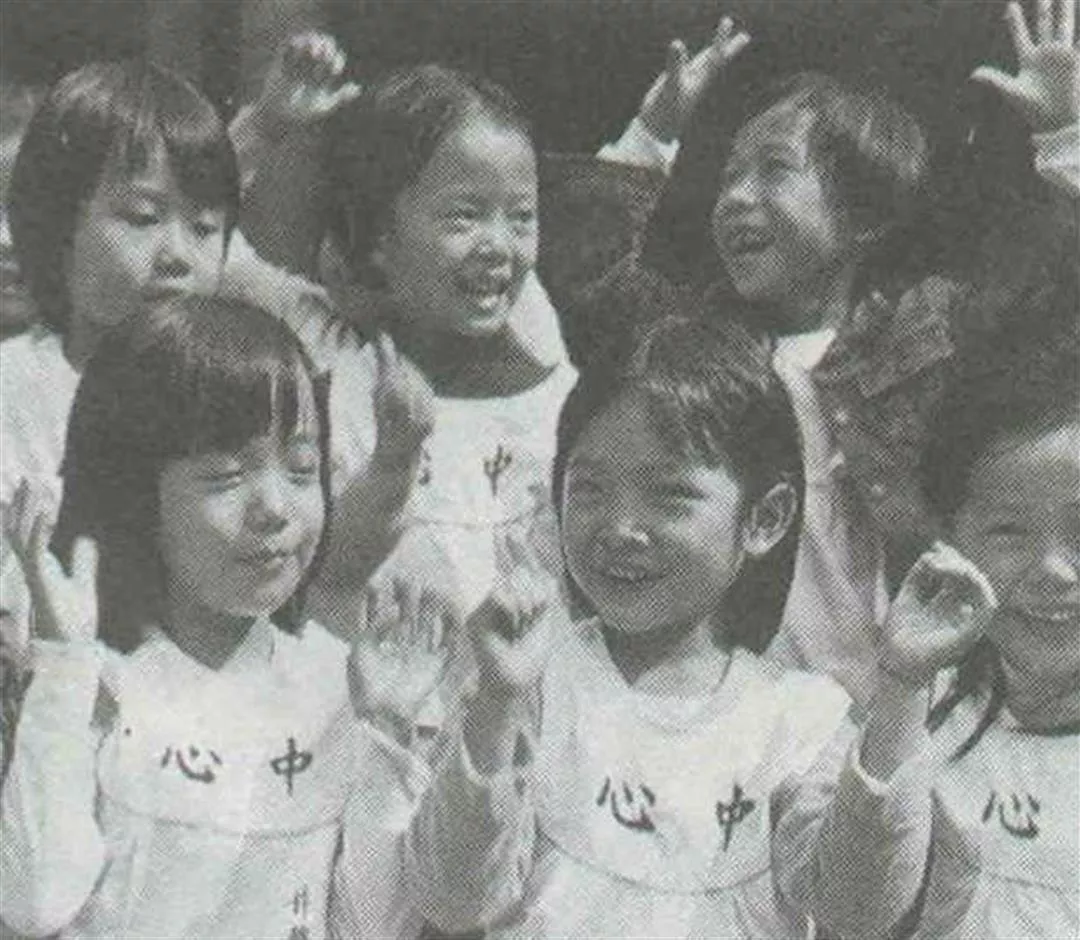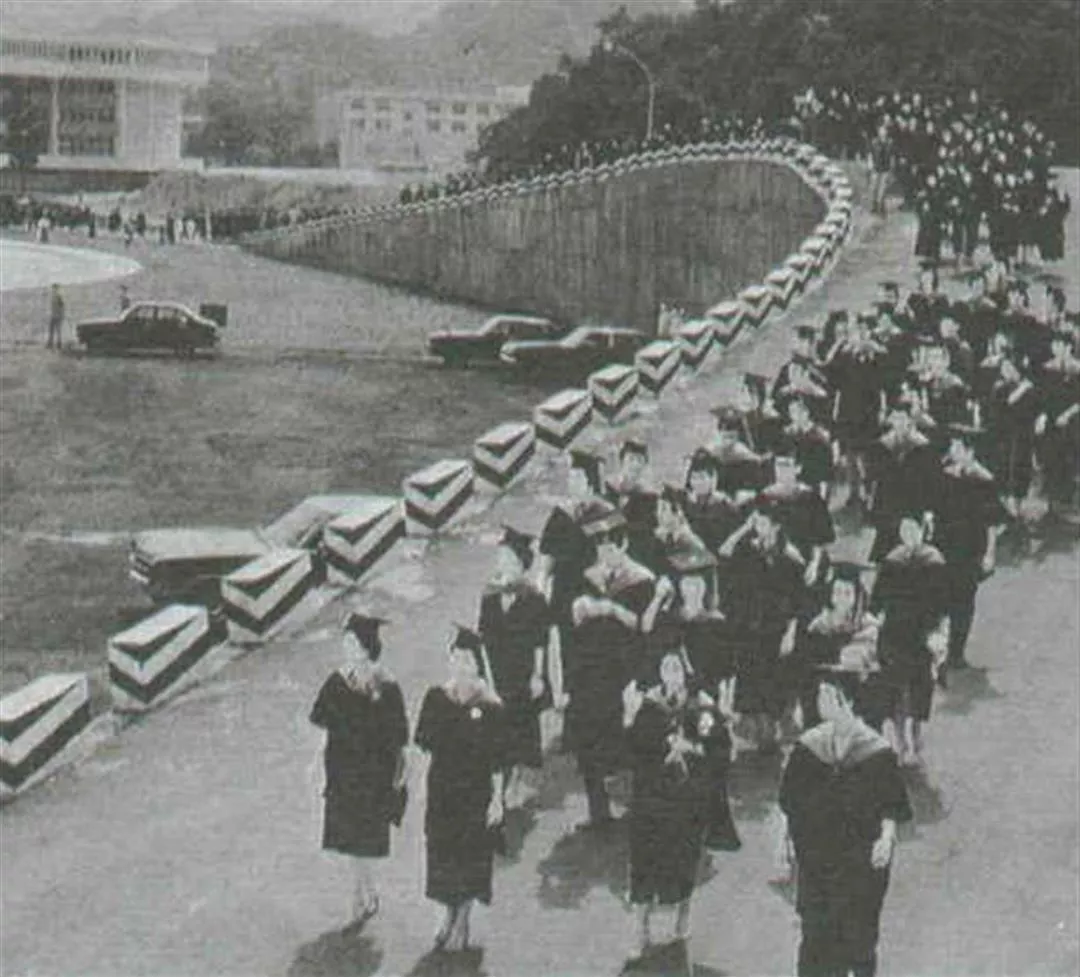The U.S. Immigration Office announced on July 1 this year that between October 1981 and March 1982, as many as 751 Chinese Communist personnel and students had sought political asylum in the United States. In addition, Chinese Communist scientists, students, diplomats, and MIG-19 pilots have fled to freedom in the Republic of China. These put together are evidence that Communism has been repudiated by the people, and that it cannot compete with Dr. Sun Yat-sen's Three Principles of the People (Nationalism, Democracy, and Social Wellbeing).
What, however, do these three phrases Nationalism, Democracy, and Social Wellbeing really mean? To understand them it is important to understand to conditions under which they arose. Dr. Sun Yat-sen developed his philosophy to solve the problems of China which followed defeat in the Opium War with Britain. China signed her first "unequal treaty"--the Treaty of Nanking--in 1842, and her territory became the target for international annexation. Because of this treaty and others that followed China was pushed to the brink of bankruptcy, while at the same time her lands were being divided up between Western and Japanese imperialist powers. Civil rights were suppressed, and the people lived in misery. This situation led Dr. Sun to study both Western political philosophy and Chinese traditions to work out a formula for a solution of the problems.
Sun Yat-sen was born in Kuangtung province in southern China in 1866. He was later educated in Hong Kong and Hawaii. In these two Western controlled territories Dr. Sun was strongly influenced by the spirit of Western democracy and became a great admirer of Abraham Lincoln and government as he conceived it--of the people, by the people, and for the people. Between the years of 1905 and 1924 Dr. Sun set forth his political doctrine, the Three Principles of the People, with his lectures in 1924 at the Senior Normal School in Canton being the definitive version.
The Principle of Nationalism (better translated as the Principle of Chinese Heritage and International Responsibility) emphasizes equality among all nationalities in China and, internationally, appeals to the spirit of ensuring equality among all peoples. To Dr. Sun this was important for the Chinese people and he compared it with a doctrine of state. He said, "The Chinese people have shown the greatest loyalty to family and clan with the result that in China there have been familyism and clanism but no real nationalism."
The Principle of Democracy (or the Principle of Modern Democracy and Government Functions) calls for replacing the innate inequality among men with the spirit of service. It advocates the practice of government by experts, based on the sovereignty of the people. This is a philosophy of separating "power" and "ability."
Dr. Sun himself said, "What is the People's Sovereignty? In order to define this term we must first understand what a 'people' is. Any unified and organized body of men is called a 'people'. What is 'sovereignty'? It is power and authority extended to the area of the state. The power to execute orders and to regulate public conduct is called 'sovereignty', and when 'people' and 'sovereignty' are linked together, we have the political power of the people. To understand 'political power' we must know what government is. Briefly, government is a thing of the people and by the people; it is control of the affairs of all the people. The power of control is political sovereignty, and where the people control the government we speak of the 'people's sovereignty.'"
The Principle of Social Wellbeing (People's Wellbeing and Social Equality) is aimed at economic justice through such measures as land reform and regulation of capital. Dr. Sun had in mind a system in which the state would exploit natural resources and own and operate big industry. Smaller industry and business would be left to private capital.
The Three Principles constitute a blueprint for development and modernization of China. They have been the leading guidelines of the Republic of China. Article 1 of the ROC's Constitution reads: "The Republic of China, founded on the Three Principles of the People, shall be a democratic republic of the people, to be governed by the people and for the people."
In implementation of the Three Principles on Taiwan, a mixed economy has emerged. Some but not all big industries are in the hands of the government operating through semi-autonomous corporations. Most of the export industries, which are generating trade volume equal to the gross national product, are in private hands. These include textiles, machinery, plastics, and other manufactures.
The late president Chiang Kai-shek carried on and improved the economic system of the Three Principles of the People. He stressed mass education, the development of science, and such day-to-day contributions to the improved livelihood of the people as housing, medical care, and other aspects of social security.
Currently, per capita income on Taiwan stands at US$2,300 while under the Communist regime on the mainland it is barely over US$300. The existence of this gap has even caused people on the mainland to call for "learning from Taiwan in economics." Clearly the development of Taiwan and the high standard of living of the people here, demonstrates the efficacy of the Three Principles of the People and the absolute bankruptcy of the Communist system.
[Picture Caption]
1. "San Min Chu I-The Great Bright Road for China" is a widely-circulated booklet on Dr. Sun yat-sen's Three Principles of the People. 2. The Three Principles calls for election of capable people to public posts. Picture shows a candidate campaigning in a recent Taiwan election. 3. Children are well cared for at a kindergarten.
Left: In a society based on the Three Principles of the People, higher education is accessible to all. University graduates make a last inspection of the campus on graduation day. Right: Taiwan's economic success has been acclaimed as a miracle. Equitable distribution of wealth is a key element in economic development.

The Three Principles calls for election of capable people to public posts. Picture shows a candidate campaigning in a recent Taiwan election.

Children are well cared for at a kindergarten.

In a society based on the Three Principles of the People, higher education is accessible to all. University graduates make a last inspection of the campus on graduation day.

Taiwan's economic success has been acclaimed as a miracle. Equitable distribution of wealth is a key element in economic development.